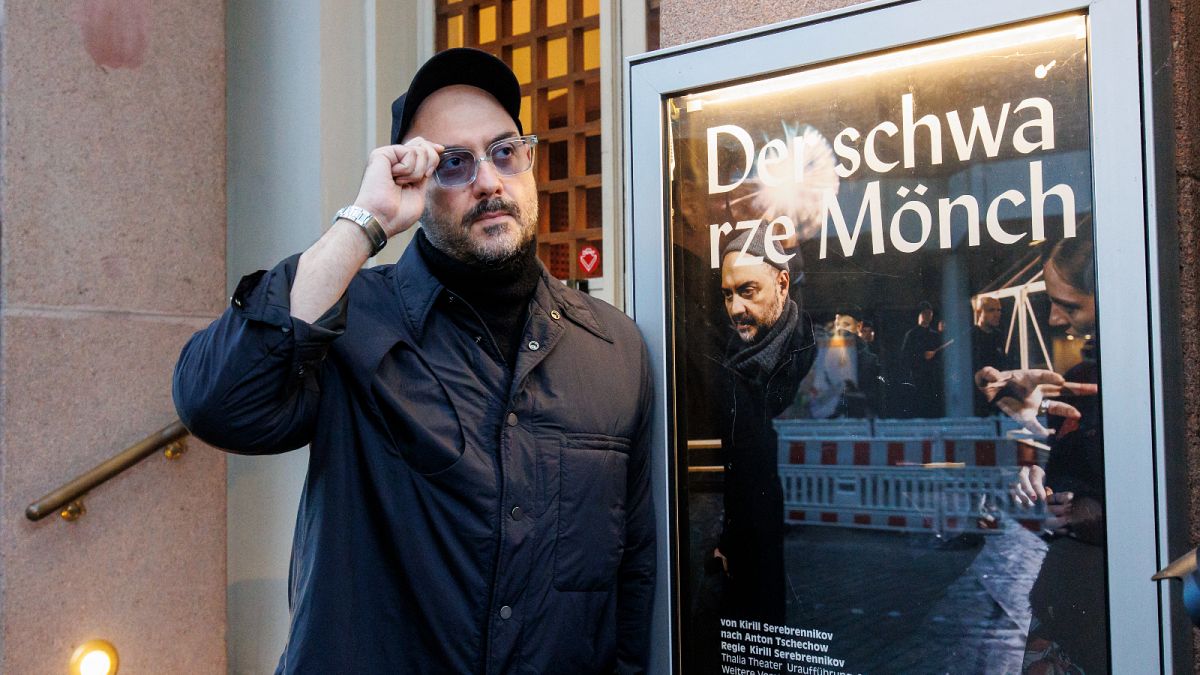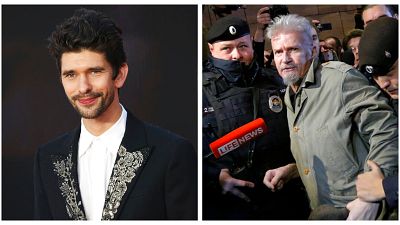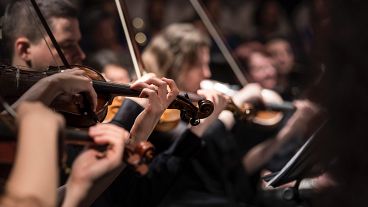Serebrennikov said last Friday he had "no idea" why he had been allowed travel to Hamburg after being confined to Moscow for years.
The world of theatre and film breathed a sigh of relief last week when celebrated Russian theatre and film director Kirill Serebrennikov, one of the most brilliant artists of his generation, was allowed to leave his country and travel to Hamburg for an art project.
Serebrennikov said Friday he had "no idea" why he had been allowed travel to Germany after being confined to Moscow for years, and vowed to return to Russia.
"Probably I was a good guy, my behaviour was good," Serebrennikov said at the Thalia Theatre in Hamburg, where he is directing a play called 'The Black Monk' based on the story of the same name by Russian short story writer and playwright Anton Chekhov.
He arrived in Hamburg last Monday and will return to Russia on January 22, on the opening night of 'The Black Monk'.
"I sent the application to the official authorities, 'please allow me to go to Hamburg for work'. And they just gave me the permission for this project," he added.
"I have no idea why permission was granted in this case having been refused for several other projects."
The permission to travel abroad was so improbable that when asked what he was thinking of on the flight to Germany, he said: "We were all thinking the same: to land. Please. Please."
He pledged to stick to the terms of the agreement with the Russian authorities. "I need to be back because I promised," he went on. "I'll definitely go back because I have to."
Serebrennikov, known for daring on-stage nudity and profane language and for modern adaptations of Russian classics, had been banned from leaving Russia after running into problems with the authorities.
He was detained in 2017 and placed under house arrest, accused of stealing more than €1.7 million in state funds allocated to Moscow's Gogol Centre theatre, where he was artistic director.
The 52-year-old was released from house arrest in April 2019 but told he could not leave the country until 2023.
In 2017, he was unable to attend the Cannes Festival where his film 'Leto', a musical ode to youth and freedom, was in the official competition.
Supporters saw the case as punishment for his daring work and criticism of authoritarianism and homophobia in today's Russia.
In June 2020, he was given a three-year suspended sentence and a few months later Moscow authorities ended his eight-year term as head of the Gogol Centre, which he had transformed into a cultural beacon.
'It's my motherland'
But despite his troubles, Serebrennikov said he has no intention to leave his home country.
"It's my motherland. I'm a citizen of the culture. I live in this language, in this culture, in the theatre, in the art. I love Russia a lot, I have a lot of friends in Russia, in Germany, everywhere. My dreams are still in Russia," he explained.
While under house arrest without internet or phone access, Serebrennikov worked on 'Petrov's Flu' — a film adaptation of a 2016 novel by Alexei Salnikov.
It was selected to compete for the Palme d'Or at the 2021 Cannes Film Festival, which has long championed his work.
He also worked on opera productions in Hamburg and Zurich, sending instructions to singers and set designers on a USB stick through his lawyer.
He said that he had always felt free, despite his years of confinement.
"To be free is part of my job. There is no way to work in art and theatre without freedom, at all. Otherwise, it will be propaganda or something else."
"We carry our freedom inside. We don't get it from outside. It's a question of how we built our life, how we built our self."



